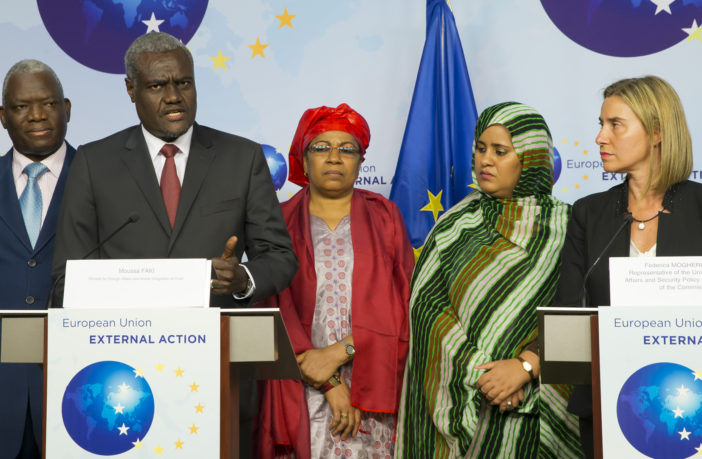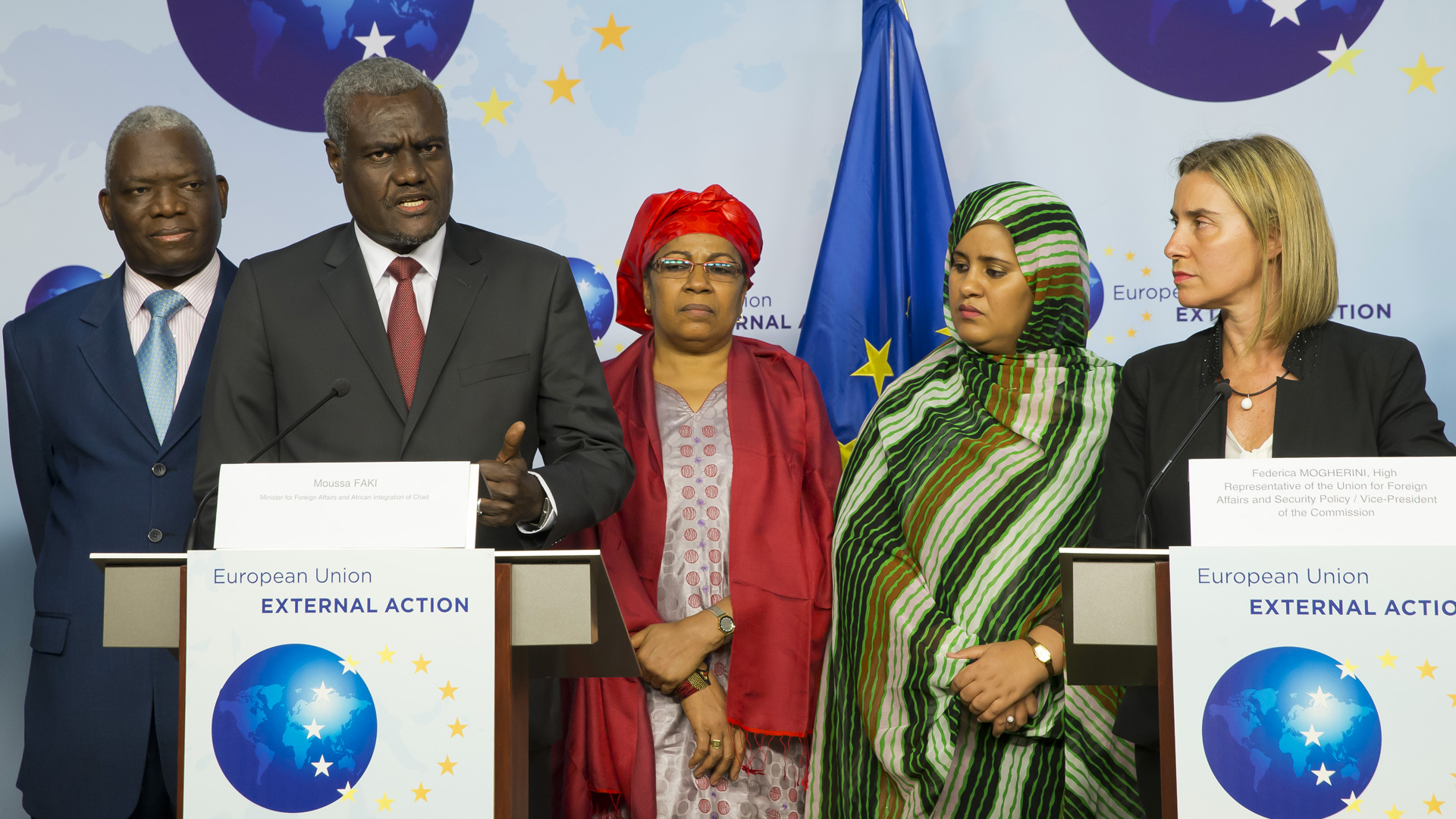EUBulletin
Written by @Eubulletin
When it comes to international affairs, the countries south of the Sahara Desert in northwestern regions of the Africa Sahel belt – Mauritania, Chad, Mali, Niger and Burkina Faso – remain under the radar.
Soldiers tasked with guarding the Sahel region die here almost every week, but their deaths remain unreported. If these are French soldiers, their deaths will be mentioned in the French news, but not anywhere else.
Four US special operatives were killed in an attack in western Niger in October last year. A report to US Congress expressed concerns about the US engagement in a war that American public knows nothing about. The same goes for British and Italian forces. Parliaments in Rome, Paris, London and the US Congress have never debated about this looming threat on the Sahel borders.
The French President Emmanuel Macron tried to come to an agreement on how France and Algeria should approach the situation in Mali during his visit to Algiers on 6 December 2017. The Barkhane military operation launched in August 2014, which prevented the collapse of Mali, was supported by French’s own 4000 troops, so it’s understandable why France is so involved in this situation.
The deployed troops are mainly centered on Gao, but also in two other military bases located near Kidal and Tessalit, 120 kilometers from the Algerian border. What makes this region interesting for France are its natural resources, mainly uranium and other minerals. The region is also a border for the illegal immigrants looking for a better life in Europe, so maintaining security of this region is also a top priority for France.
On 24 October 2017, the US Chief of Staff General Joe Dunford said his services were convinced that fighters of Islamic State, now defeated in Syria and Iraq, were intent on moving to the Sahel. Africacom, the US military command for Africa has been known for their more military than diplomatic approach over the years, but reducing conflicts hardly allows any understanding of their complexity.
This explains the situation between France and Algeria. The peace protocol signed in May-June 2015 between the Republic of Mali and the Azawad (a coalition of Touareg, Arab and Peul groups) simply did not work. The cease-fire is broken by frequent attacks on the UN sponsored MINUSMA. With a lot of parties involved, the coordination of the forces fighting against this kind of guerilla warfare is also problematic. This high presence of foreign forces is also not very accepted by the locals, as African troops are known for their mistreatment of civilians.
Mr. Macron insists Algeria should commit with troops and money. Despite the support from US, UAE and Saudi Arabia, France can’t cover the expenses without their help. On the other hand, Algeria wants the international forces to be under the command of the African Union, an organization which neither France nor the US are members of. Algeria will not commit troops outside its borders except to insure its own immediate security. Algerian senior officers also believe that this conflict requires a more diplomatic, than a military approach.
The country’s foreign policy is, however, complicated because of the ill health of their President Abdelaziz Bouteflika. Despite being all but invisible to the public eye for years, he is still considering running for his fifth mandate next year. While the key principles of Algerian security and foreign affairs are well established, Bouteflika’s slow foreign policy decisions are making this process longer than it would otherwise be the case.
‘The Sahel Bedlam’ – Opinion by Francis Ghilès – Barcelona Centre for International Affairs / CIDOB.








